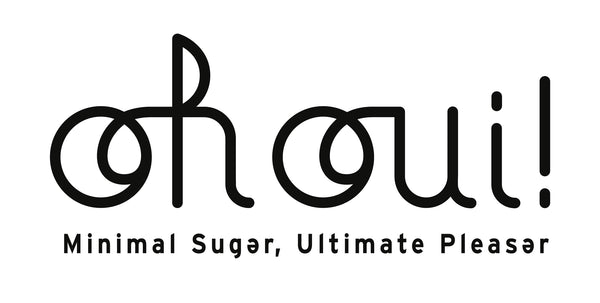
Consumed in reasonable quantities, sugar(glucose) is not bad. It provides the body with the energy it needs. But its over-consumption can be dangerous. The problem comes from the current consumption patterns which bring too much sugar.
The consumption of sugar leads to an increase in glycemia (sugar in the blood) that the body will manage by secreting a hormone: insulin. Its role is to regulate the blood sugar level at a balanced level by transforming the excess sugar to store it in the form of glycogen (stored in the muscles, liver...) and triglycerides (fats). The blood sugar level will then drop, sometimes causing the feeling of "barbeque" after the meal.
Faced with this overexposure to sugar, the body can become exhausted and certain pathologies can appear (type 2 diabetes, cardiovascular disease...) hence the importance of paying attention to its sugar consumption. Not all sugars are equal, some (glucose) increase the blood sugar level, others (agave syrup, coconut sugar, grape sugar...) are assimilated more slowly and have a much lower impact on blood sugar!
To conclude...
Sugar is not bad in small doses, but it can be dangerous in case of overconsumption.
The problem with sugar is not the sugar itself - which provides energy and nutrients to our bodies. It's the modern trends that lead us to consume too much of this sweetener.
We all have a different threshold for how much we need, so the key is moderation.
Remember, if you're trying to lose weight or maintain healthy blood pressure, reducing your intake could help!
There you have it, you have the keys to understanding what's going on in your body!









